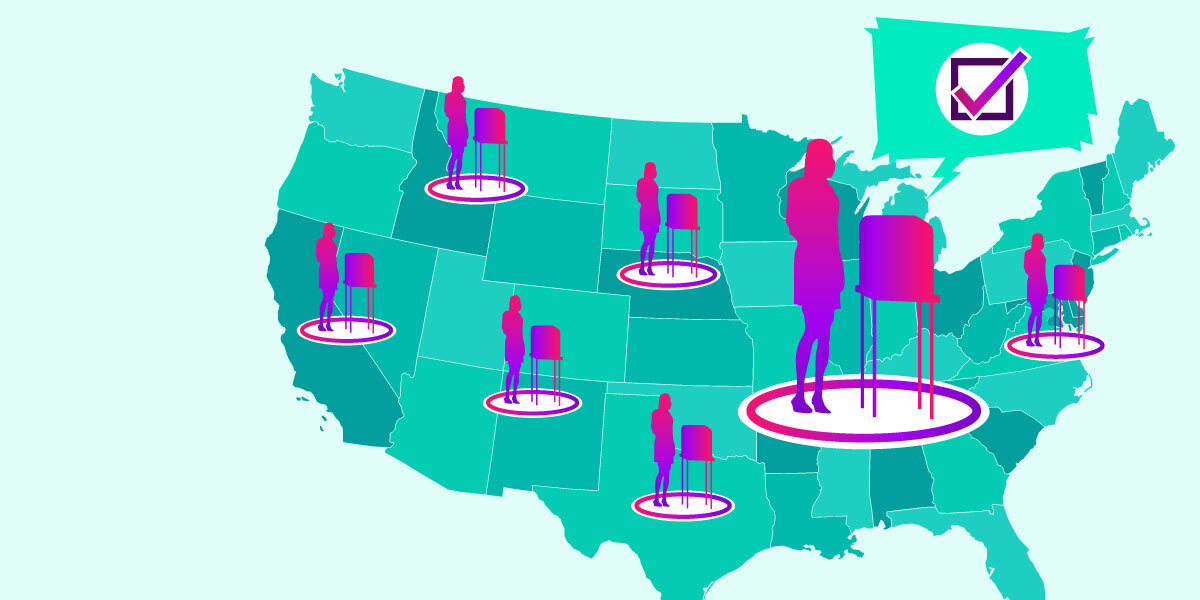

When, where and how do I vote? Get the facts from reliable sources.
Election Day is Tuesday, Nov. 8. Now is the time to make sure you have the facts about when, where and how to vote. When you search for information about the midterm elections, make sure you’re referencing reliable sources.
As part of the News Literacy Project’s campaign to help voters be informed – not misled – during election season, we spoke to several experts about how to avoid falling for common types of misinformation during the midterms.
“One classic example of misinformation is when to vote,” Ciara Torres-Spelliscy, a fellow at the Brennan Center for Justice and a law professor at Stetson University College of Law, told us. “So, typically we have elections on Tuesdays in America, but if you are targeting a certain group of voters with misinformation, the classic thing to tell them is that the election is on Wednesday.”
Atiba Ellis, a professor at the Marquette University Law School, told us that disinformation tactics regularly have been used in previous elections regarding how and when to vote.
“Flyers that say, ‘Election Day has been postponed for a week,’ or robocalls that inform voters that ‘Republicans vote on Tuesday, but Democrats vote on Wednesday,’ all of these things are forms of misinformation,” he said.
Torres-Spelliscy said the most reliable sources for information about upcoming elections are the officials who actually run them.
“If you have a question about when voting hours are or what types of mail-in ballots are accepted, then the soundest place to find that information is one of those sources from the elections officials that actually run elections,” she said.
The National Association of State Election Directors is the professional organization for the civil servants responsible for administering elections in every U.S. state and territory and the District of Columbia. It has a webpage where voters can find trustworthy links to information in their state, directly from the officials in charge of carrying out the election.
“Every state has information in terms of how Election Day is supposed to run,” Ellis said. “Probably most importantly, to verify that you are properly registered and you know where, when and how to cast your own ballot, check with the government as opposed to falling for anything that you hear over the internet,” he said.
States and territories have different deadlines for registering to vote, so check your registration now.
The League of Women Voters, a nonpartisan grassroots organization that encourages voter participation for all, put together a resource hub at vote411.org. There, you can verify that you’re registered to vote and find out what’s on your ballot.
And when it comes to avoiding misinformation, NLP’s 2022 election page is a virtual toolbox designed to help you spot misinformation and stop its spread. Be sure to sign up for our webinars, whichteach you how to find information from credible sources, spot election misinformation and engage in meaningful conversation with those who have fallen for it.
